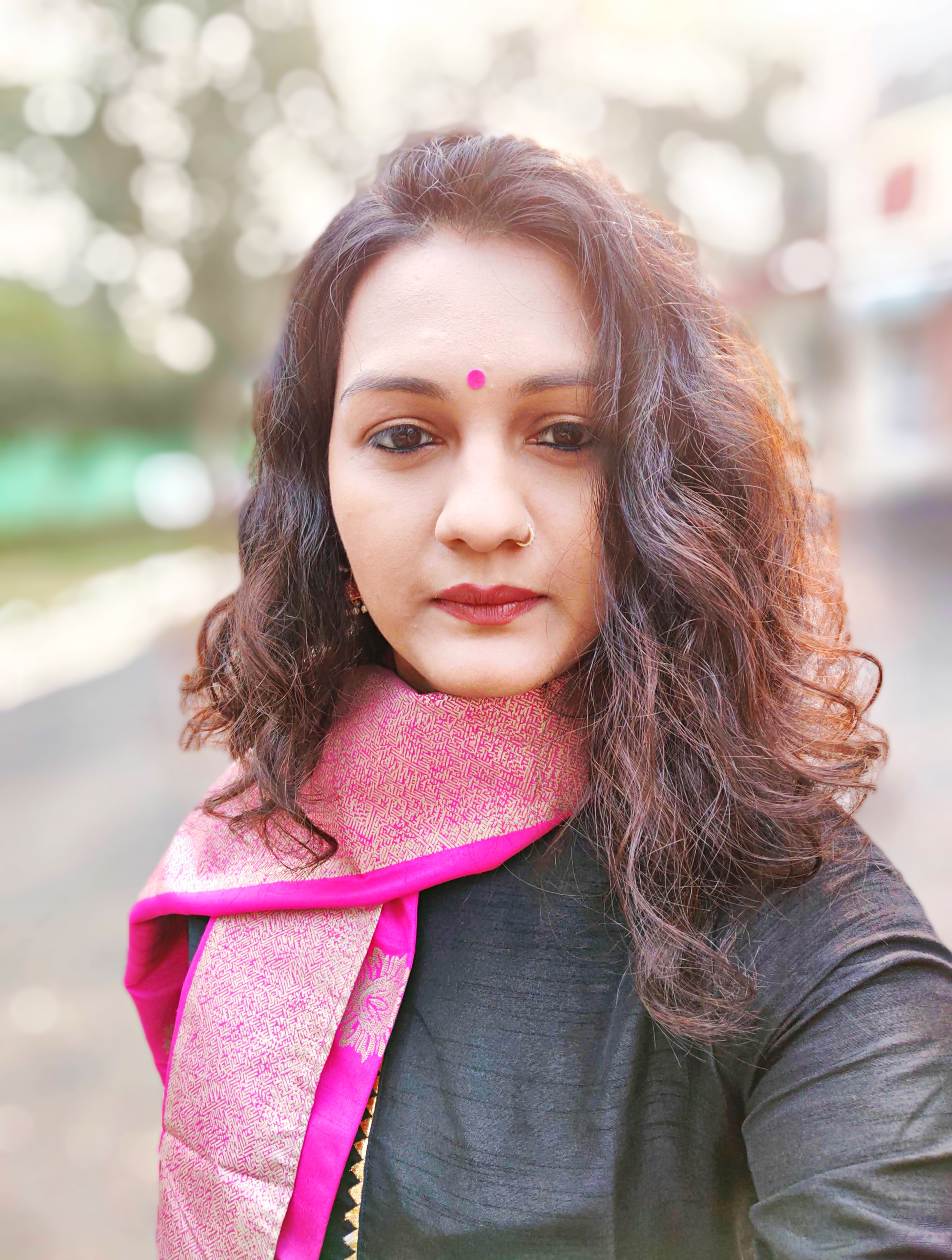If I Ever Write a Self-Help Book!
- TJ Joshi

- Aug 18, 2022
- 4 min read
Updated: Apr 1, 2023
A long time ago, I made a switch.
I switched from reading fiction to nonfiction. Although a novel offers a great reading experience, I felt it was not adding value to my time.
As if my own life problems weren't enough, I would entangle myself in the lives of the fictional characters and their story. I would obsess about the characters and their actions and feelings and get anxious about how it would turn out in the end. Sometimes, when it was too much to handle, I read the last chapter first to know how the story turned out. Then, once my curiosity was fed, I continued the rest of the story with less aggression.
That's me! Fiction was somehow acting as fodder for my overthinking and ever-active brain.
So I decided to switch to nonfiction to gain knowledge and have an upper edge over most of the crowd.
Do you know how it pisses some men when a woman participates in a conversation and has an opinion about things? One can only take the bull by its horns; if you have the stomach for the gore, it might result in.
I was prepared.
So what did I do? Change affiliation. I embraced nonfiction in all its glory. I dug into a melee of subjects. But the problem with having too much on the platter is either you end up plating a mountain and then forget the enjoyment of the climb. Or you are too dazzled to decide what to take and end up hungry. Of course, this never happens in real life because I always keep myself overly nourished. Still, books are not as delectable (pun intended)!
Slowly, I switched to self-help books because they seemed like a perfect thing to do to deal with my insecurities.
Some people have already got their act together, which somehow worked for them. So obviously, it should work for me too.
Many self-help books are published daily by an entrepreneur, a social media influencer, or even a self-proclaimed motivational speaker who had their "eureka" moment. They have the ultimate formula to end our miseries, get rich and live happily ever after.
So after reading a good amount of self-help books, I think I have figured out the recipe that makes an AMAZING and best-selling self-help book!
This is how it will go if I ever write a self-help book.
1) Make the reader feel miserable.
Most self-help books start with a story of a random person in some random part of the world whose life is a complete disaster. As a reader, I will make you sympathise and even resonate with some of the protagonist's characteristics. You will think about how miserable, sad and unaccomplished your own life is.
For example, let's look at Mark from Copenhagen. Mark lost his speaking ability during COVID. He gulped down too many bottles of cough syrup to recover but lost his voice. Due to this, he loses his job as a radio artist as now he cannot speak. Mark's got 3 kids, 1 wife, 2 girlfriends, his own parents, and his ex-girlfriend's parents to take care of. After losing his job, the financial burden and tiredness from using text messages to communicate with his family, since voice note is not an option anymore, he starts feeling suicidal.
Now Mark needs to take things into his own hands. No, I don't mean, take his own life. But take the matter into his own hands and find his purpose.

2) Dangle the MAGIC formula in front of my reader.
Once I have your attention, I will slowly reveal the MAGIC formula that will turn your life around. It's usually a step-by-step method or one big theory broken down into many smaller fragments, inspired by a scientist's work, a philosophy, or a lesson from Vedas and Yog. But that's the easy part.
So at this stage, Mark is making considerable changes to his life.
a) Mark starts waking up at 3 am for accomplishing point (e).
b) Mark sets boundaries with his wife, girlfriends, kids, parents and ex-girlfriend's parents by telling them to go f%$k themselves!
c) Mark starts spending time with himself, mostly in the bathroom.
d) Mark starts exploring his hidden talents such as farting and burping at the same time.
e) Mark stops smoking and drinking alcohol at night and now does it in the morning instead.
3) Find the right balance.
This is the part where most writers find their niche. As a writer, I need to ensure that you feel I am giving you something you've never heard of before. So how do I do that?
Simple: I just change the wrapping!
I will use never heard metaphors and make an utterly out-of-the-box comparison (One book compares entrepreneurs with trees). Then back it up with some data by presenting random and vague statistics.
By now Mark is an accomplished "Non-Verbal Communication" expert. Now, he tells people how to communicate effectively without actually talking.
He conducts seminars and workshops and covers some of the following topics.
1) How to score a match on Tinder.
2) How to get your leave approved on WhatsApp.
3) How to get new clients on Instagram.
4) How to create viral posts on LinkedIn.
5) How to have a healthy relationship with your partner without actually talking to your partner.

4) Find an apt title
This is the most critical stage to ensure that my book is widely accepted. I will think of a funky, quirky, and somewhat rude but cool title for my book.
Something which includes the words "Sh*t" or "F%$K!"
As far as Mark's story is concerned, I will keep a smooth and straightforward title.
"SHUT UP, MARK!"
Would you like to read my self-help book?
P.S: I will ensure that the book cover is bright and will look great on your Insta feed.




Comments